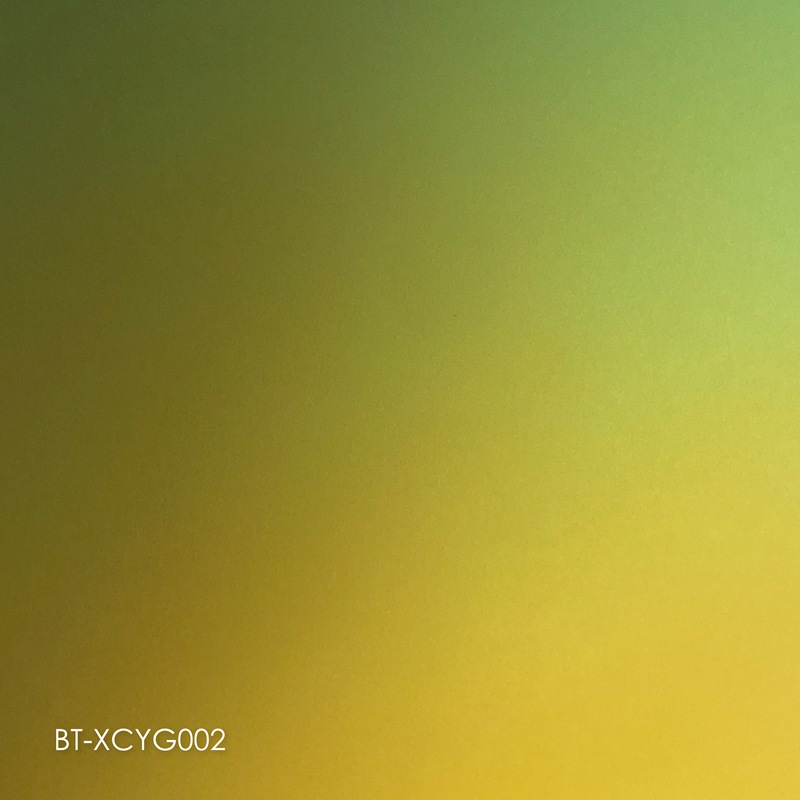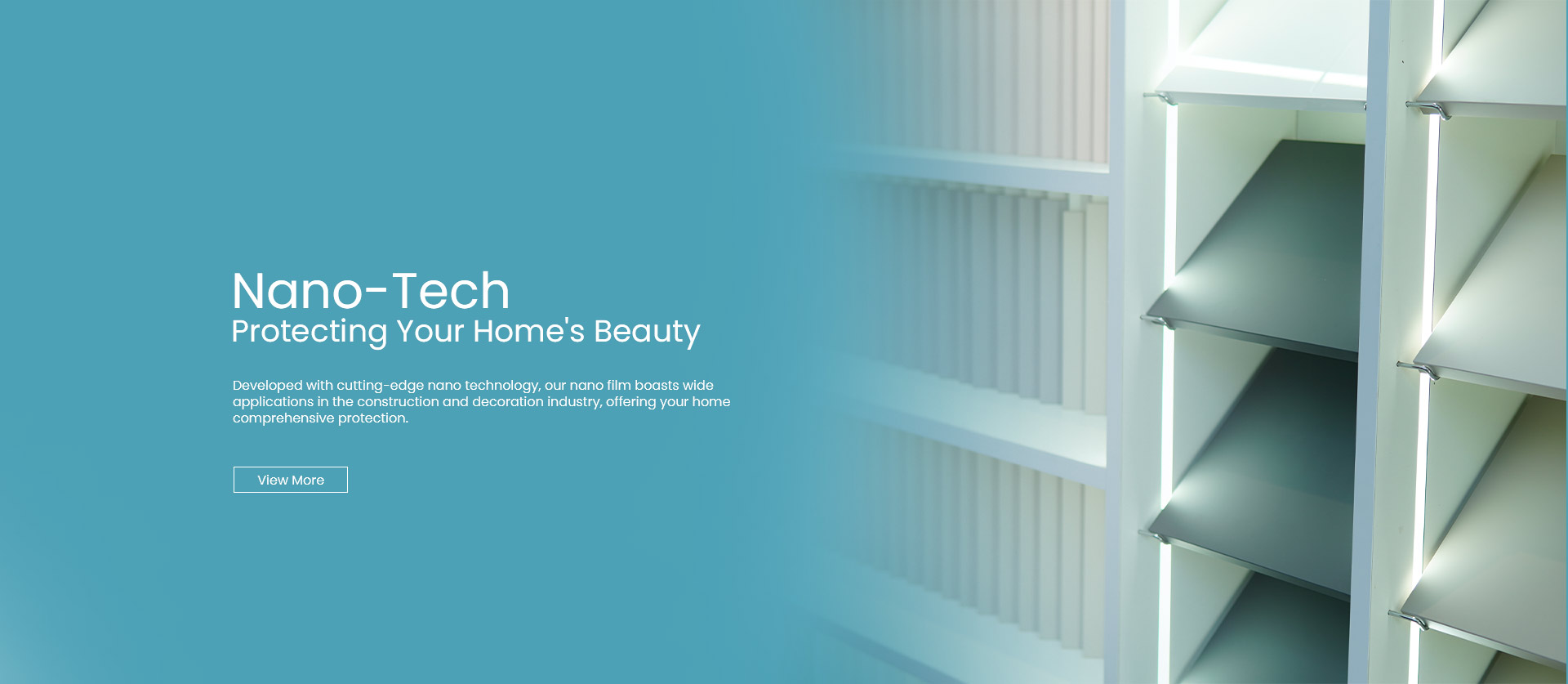Will Mirrored Film Block Camera View?
Mirrored window film is often used to enhance privacy, reduce glare, and improve energy efficiency. But one common question for both homeowners and business owners is: can mirrored film block camera view? The short answer is — not completely. While mirrored film can obscure visibility to the human eye under certain conditions, it doesn’t fully prevent cameras from capturing images. Below is a detailed explanation of how mirrored film interacts with light, reflections, and surveillance technology.

1. How Mirrored Film Works
Mirrored window film is made from polyester layers coated with reflective metal particles. It creates a one-way mirror effect by reflecting a higher percentage of light on one side while allowing limited visibility from the other.
The reflective surface works based on light balance:
When the outside light is brighter than the inside, the film reflects most light outward — creating a mirror-like effect that prevents visual access.
When the inside light is stronger, the reflective effect weakens, allowing visibility through the film.
This means the privacy level of mirrored film depends on lighting contrast, not on the film itself being opaque.
2. Can Mirrored Film Block Cameras?
While mirrored film can reduce what human eyes can see through a window, security or surveillance cameras use different image-capturing technologies.
a) Daytime Conditions
In bright daylight, mirrored film reflects external light effectively, making it difficult for standard cameras to see inside. Cameras facing a reflective surface often capture glare or a mirrored reflection, which obstructs visibility to some extent.
However, infrared and high-dynamic-range cameras can sometimes adjust exposure to penetrate partial reflections, depending on the film quality and glass angle.
b) Nighttime Conditions
At night, if interior lights are on, the situation reverses — the film becomes more transparent from the outside. Standard cameras can easily capture interior details because the reflection effect disappears.
In low-light environments, the mirrored film provides minimal protection against camera view.
c) Infrared and Security Cameras
Infrared cameras operate outside the visible spectrum, so mirrored films that reflect visible light do not block infrared wavelengths. Even high-grade mirrored films will not fully prevent infrared surveillance or night vision recording.
3. How to Improve Privacy Against Cameras
If camera protection is your goal, mirrored film alone is not enough. Consider combining it with additional measures to achieve better privacy control.
a) Dual-Reflective or Privacy Films
Choose dual-reflective film, which has a reflective exterior layer and a tinted interior. It maintains outward privacy while reducing interior visibility even under artificial light.
b) Blackout or Frosted Films
For complete camera blocking, blackout film or frosted matte film is far more effective. These films obscure both light and image clarity, preventing cameras from capturing any interior detail.
c) Curtains or Blinds at Night
Use mirrored film for daytime privacy and combine it with curtains or blinds at night to prevent light from reversing the mirror effect.
d) External Angle Positioning
Adjusting light placement or installing exterior shading elements reduces reflection hotspots, making camera visibility even more difficult.
4. Advantages of Mirrored Film Beyond Privacy
Even though mirrored film doesn’t fully block cameras, it offers several other benefits that make it popular in residential and commercial settings:
Energy Efficiency: Reflects solar heat and reduces indoor cooling costs.
UV Protection: Blocks up to 99% of harmful ultraviolet rays, extending furniture lifespan.
Glare Reduction: Improves comfort by minimizing harsh sunlight.
Aesthetic Appeal: Gives buildings a modern, uniform glass appearance.
These advantages make mirrored film a multi-functional upgrade, not just a privacy solution.
5. Practical Scenarios and Recommendations
| Situation | Effectiveness of Mirrored Film | Recommended Add-On |
|---|---|---|
| Daytime, bright exterior | High reflection, limits human and camera view | None required |
| Nighttime, interior lights on | Low privacy, cameras can see through | Curtains or blinds |
| High-security environments | Limited effect on surveillance cameras | Combine with blackout film |
| Office buildings and storefronts | Excellent daytime privacy | Use dual-reflective film |
This demonstrates that mirrored film provides conditional privacy — effective under bright light but less so in reversed lighting conditions.
Conclusion
Mirrored film can partially block camera views during the day by reflecting light and creating a mirror effect, but it cannot completely stop surveillance, especially in low-light or nighttime conditions. For full protection, it should be paired with dual-reflective, frosted, or blackout films, and supplemented by curtains when needed.
Overall, mirrored film remains an excellent option for daytime privacy, glare reduction, and energy savings, but it should not be relied upon as a total security barrier against cameras.
Previous: How To Apply Mirror Film?


